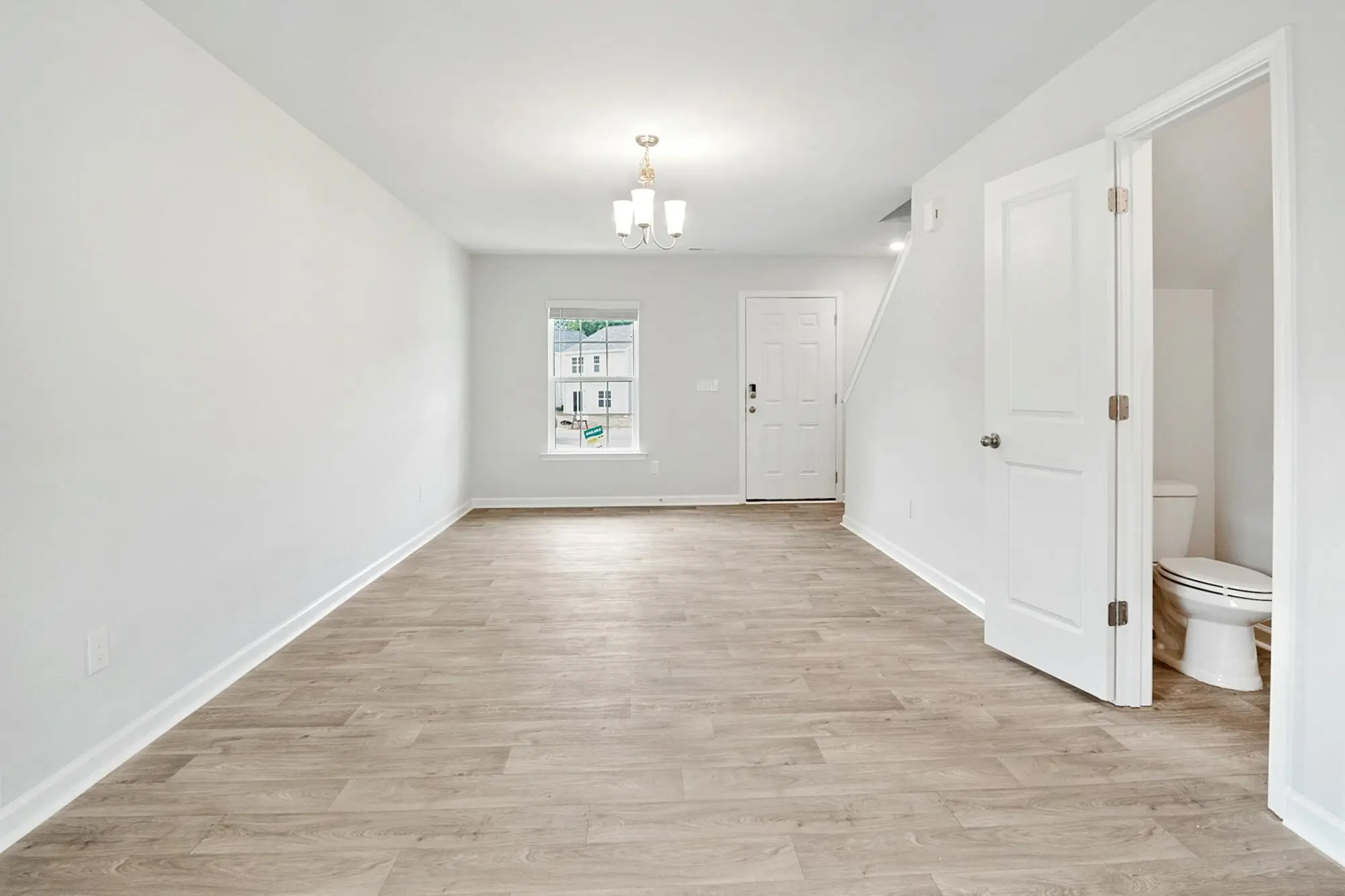An overgrown lot today, tomorrow's next urban hotspot. Turning that blank slate into a thriving apartment complex or bustling retail hub doesn't happen by magic - it's a mix of vision, strategy, and relentless action.
Real estate development is where bold ideas meet the grind of zoning laws, financing hurdles, and construction deadlines. It's a high-stakes journey from concept to completion, with no shortage of surprises.
Curious about what it takes to bring a vision to life? Let's go through what to know about real estate development.
Concept and Vision for Property Development Investments
This stage is about identifying opportunities, imagining possibilities, and laying the groundwork for a successful project. Developers use real estate market analysis to look at:
- Market trends
- Demographic shifts
- Economic forecasts
To uncover areas with growth potential.
Whether it's a residential community where you want to buy property, a commercial plaza, or a mixed-use development, understanding the needs and desires of the target market is critical to crafting a compelling vision.
The next step is selecting the right site. Factors such as:
- Location
- Accessibility
- Zoning regulations
- Existing infrastructure
Play a pivotal role in determining the feasibility of the project.
Land Acquisition and Construction
Securing the right piece of land is one of the most critical steps in real estate development. This stage involves identifying a site that aligns with the project's concept, budget, and market goals. Developers often engage in extensive research and negotiations to find a location that offers the best combination of accessibility, infrastructure, and potential for growth. Proximity to amenities such as schools, transportation hubs, and commercial centers often enhances a site's appeal.
Construction is where the vision of a real estate project becomes tangible. Throughout the construction process, effective project management is crucial. Developers monitor progress, address unforeseen challenges, and ensure adherence to safety and regulatory standards.
Regular site inspections and quality control checks help maintain high construction standards and prevent costly delays or rework. This phase also includes infrastructure, such as:
- Roads
- Utilities
- Landscaping
Which enhance the property's functionality and appeal.
Post-Completion Management
The work doesn't end when construction is complete; post-completion management is a crucial phase that ensures the project's long-term success and profitability.
For rental or leased properties, efficient property management is key to providing a high-quality experience for tenants, ensuring timely rent collection, and addressing maintenance requests promptly. A well-maintained property not only retains tenants but also preserves its market value.
For developers who retain ownership of the asset, asset management becomes a priority. This involves analyzing the financial performance of the property, adjusting rental or leasing strategies to match market trends, and exploring opportunities to increase revenue. Regular assessments of:
- Operating costs
- Energy efficiency
- Maintenance schedules
Ensure the property remains competitive and profitable.
Real Estate Development: Start ASAP
There's a lot that goes into real estate development. Now that you know the basics of property development investments, you can create residential and commercial real estate growth in no time.
Are you looking for Riverdale property managers to help you out? At PMI South Atlanta, we take the guesswork out of real estate development.
With over 20 years of experience and a dedication to excellence, we bring a local touch backed by global expertise. Contact PMI South Atlanta today and let's make your real estate goals a reality!


